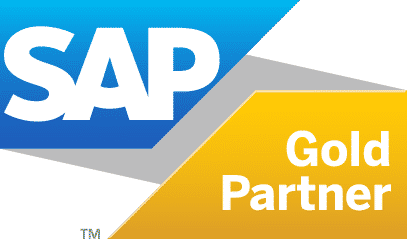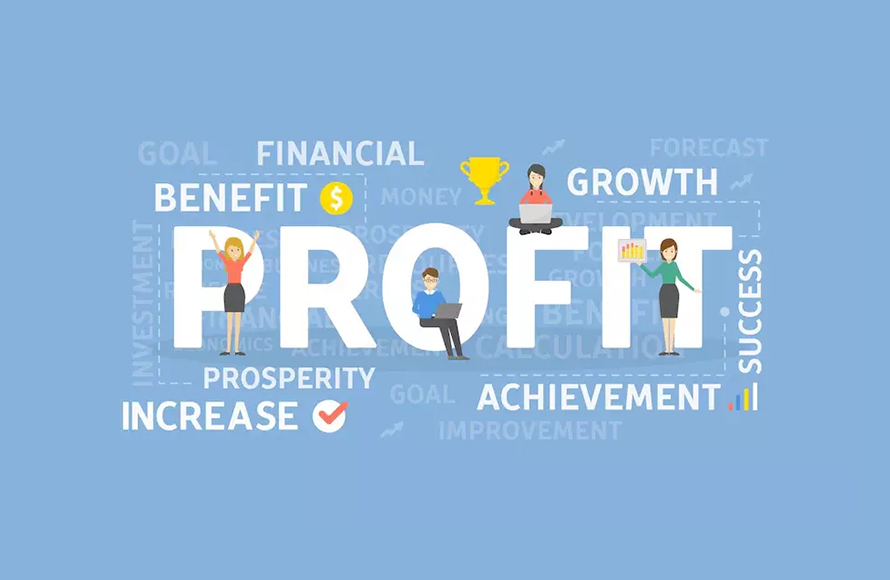
Your company is held together by its ability to manage and integrate all of its essential business processes, which is accomplished through an enterprise resource planning system (ERP). ERP solutions, when effectively implemented, lead to increased efficiency, decreased operational expenses, and enhanced visibility and reporting into a company’s financials. And if you are a manufacturer or distributor, implementing an ERP solution can help you streamline your supply chain and gain a substantial competitive advantage over other businesses in your industry.
The deployment of an ERP system is an investment, and the costs associated with implementation can pile up quickly. There are times when ERP initiatives run over their budgets or their schedules. So, what steps can you take to address this matter? Your expenses related to ERP deployment can be limited or cut down using one of several available strategies. In this article, we have compiled several useful hints for you.
Take the Time to Plan and Budget
ERP initiatives that lack a comprehensive plan and budget often incur additional costs or go beyond the project’s initial scope. When developing the plan for the project, it is common for businesses to overlook certain crucial aspects of ERP adoption like What strategy do you plan to use for the transfer of data? Will there be any charges associated with the gear and the network? Which consultants are required for the project? Who exactly will be working on the project, and how will their day-to-day responsibilities be handled while it is being worked on? Etc.
If the answers to these questions are not provided at the outset of the project, the conclusion will be disorganised, leading to a rise in expenses in the future. That’s why it is better to find areas in which you can bring it in line with what you can spend on the project to bring it back into alignment with your budget or consider other options if your real expenses keep going over your budget. To keep the implementation expenses under control, careful planning and budgeting are necessary.
Determine the Right Enterprise Resource Planning Software for Your Company
It is necessary to carefully consider selecting an ERP solution to reduce the expenses associated with its deployment. It will cost you money if you choose an ERP system that does not satisfy your company’s needs and problems or requires you to purchase more capability than you require.
Choose an enterprise resource planning (ERP) system that is easily customizable according to your organization’s needs, flexible enough to adapt to the ever-changing requirements of your business, and modular so that you only purchase the functionality your company requires to keep costs under control. However, it would help if you were sure that you will be able to enhance the functionality in the future and that it has a long-term roadmap to ensure that it provides value for your money.
Avoid Customization That Is Unnecessary Or Excessive
It is a common practice for businesses to ignore their own needs in favour of piling on additional features and functions to their ERP systems, which is not the most effective strategy. Even while some degree of customization is required during the development of an ERP system, there are occasions when additional customization is both expensive and excessive.
Upgrades might be difficult to perform if there is excessive customization because the customized code normally needs to be updated anytime the vendor delivers a new version. Therefore, you should focus on the most pressing needs of your company and become familiar with the many operations within the system.
After you have completed the ERP functionality that is most critical to you, consider adding additional capabilities. It is important to keep in mind that the amount of customization that is applied should be kept to a minimum as much as feasible, given that it will increase both the price of implementation and the amount of time required for the ERP project.
Consider the Long-Term Effects of ROI
During the implementation of ERP, a plan must be in place that accounts for both the best-case scenario and the worst-case scenario for potential expenditures. Before beginning a project, you need to calculate your ROI (return on investment) and consider how your choices will affect your company in the long run. This needs to be a substantial component of the business case for your ERP system. Because they were so focused on short-term, low-upfront cost savings and overlooked long-term goals, some of the most cost-conscious businesses had to pay a hefty price for their ERP implementation.
When you take shortcuts, you risk facing problems and losing out on opportunities to generate a larger return on investment.
To make a long tale short, neglecting best practices might be useful in cutting upfront expenses. Still, to improve the value of your product and reduce the risk, your project’s strategy should be created to achieve a long-term return on investment.
Make the Most of the Expertise Offered by Your ERP Partner
Make the most of your ERP consultant’s time if you employ an ERP consultancy to assist you with implementing your software. You shouldn’t rely on them solely for their technical expertise; you should also depend on them for their business savvy. In an ideal scenario, they should be involved in all parts of your ERP project, including the selection process, the management of processes, the implementation, and the management of change.
You may also make the most of their experience by asking for their assistance in training and receiving continuing support for the product. If you want your ERP deployment to go off without a hitch, one of the most important things you can do is hire the correct ERP partner.
Conclusion
ERP implementations frequently go over budget and end up being rather expensive, but this doesn’t have to be the case. Your company will be able to reap the benefits of an ERP solution while simultaneously positioning itself for long-term success. If you create a budget based on reality, plan the project by the business’s specific requirements, and adhere to the best practices for ERP implementations.
About Us:
Highbar Technocrat Limited, an SAP Gold Partner, helps clients in India and abroad to help them manage change. Highbar adopts an integrated approach to help you rethink your business, with a high level of agility and efficiency. At Highbar we see disruption as an opportunity to help clients transform their business with granular solutions. Handling change requires confidence in decision making and Highbar enables this confidence in clients.
Our forte is offering digitally integrated solutions for the Infrastructure, EC&O, Real Estate, Mining, Oil & Gas, Power, Smart Cities, Government, Manufacturing sectors, and a lot more. Our domain expertise combined with the ERP helps clients become intelligent enterprises and highly receptive to the needs of customers. With our strategic alliances, we help clients transform business operations, leverage data, and integrate sustainability to match the speed of change.
For further information, don’t hesitate to contact us by e-mail at enquiry@highbartech.com or call at +91 89767 11399.




1 Comment